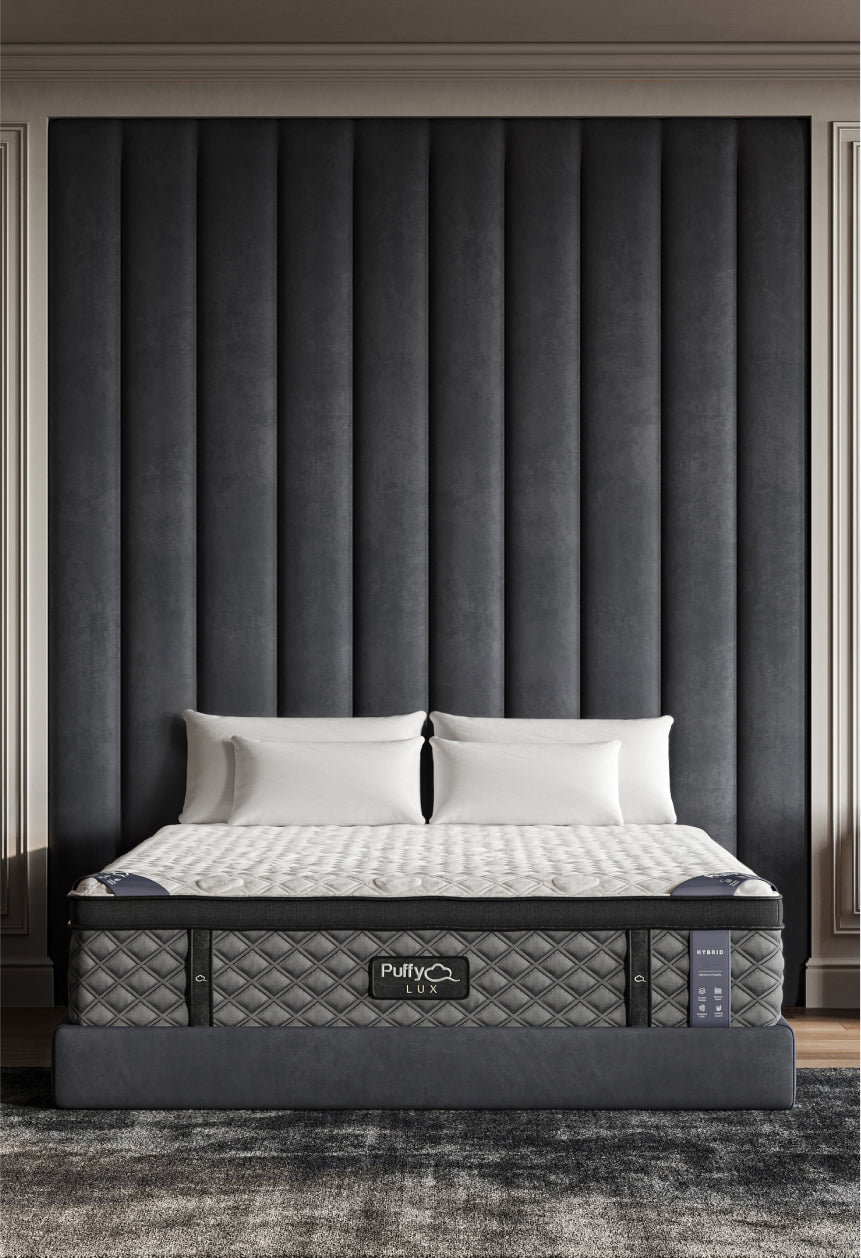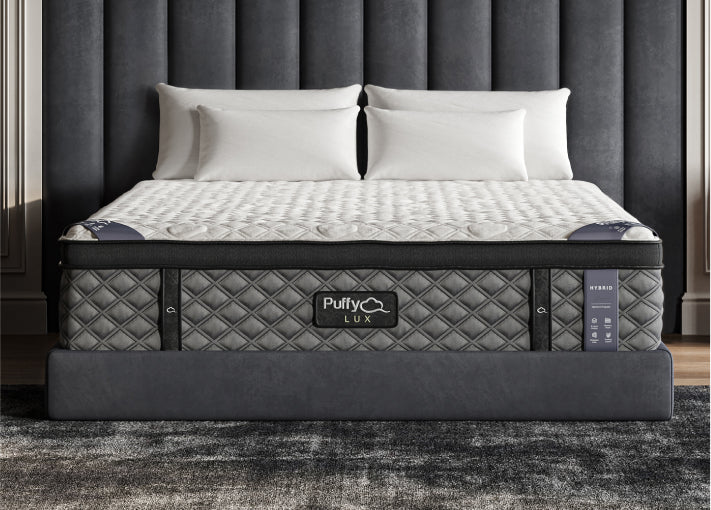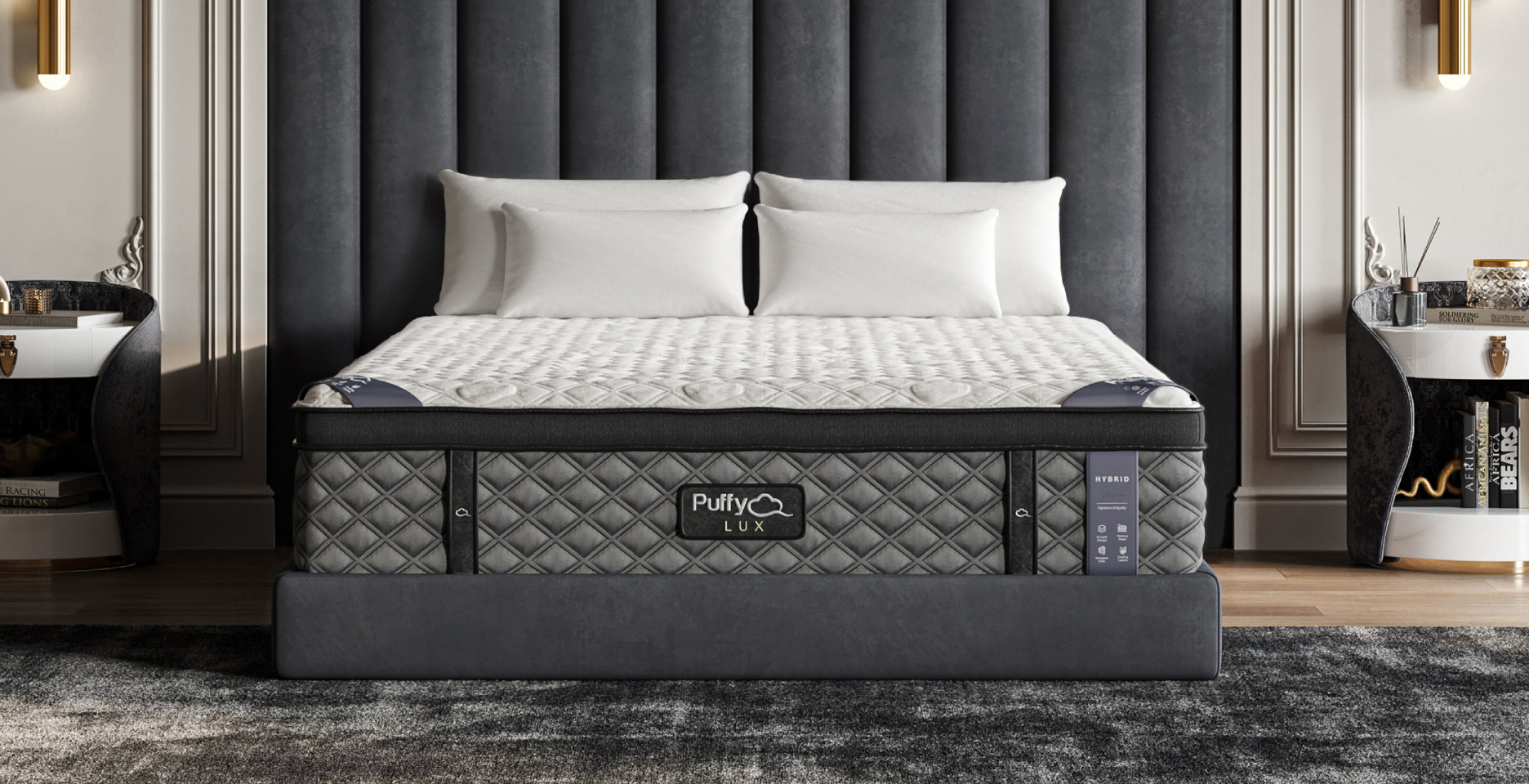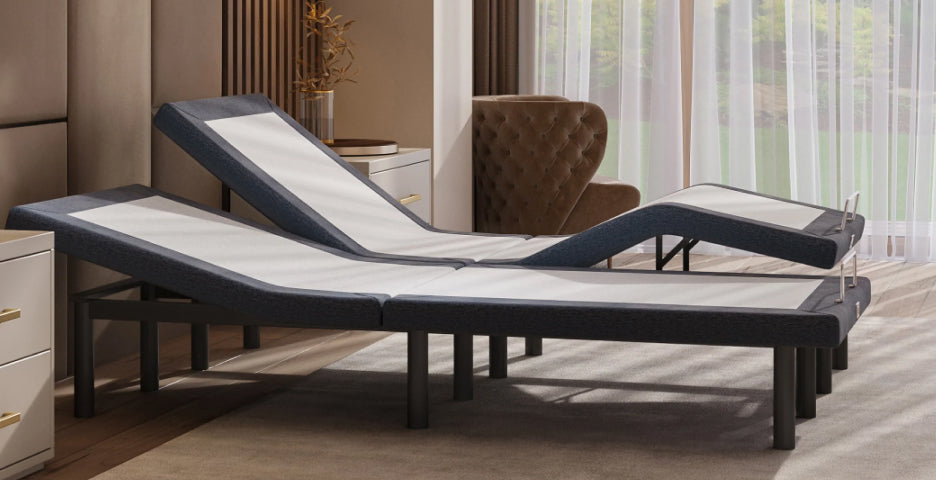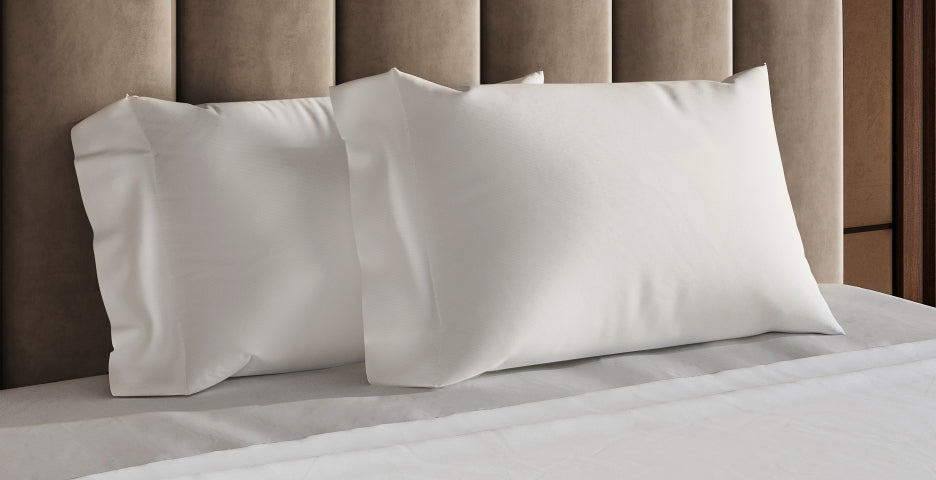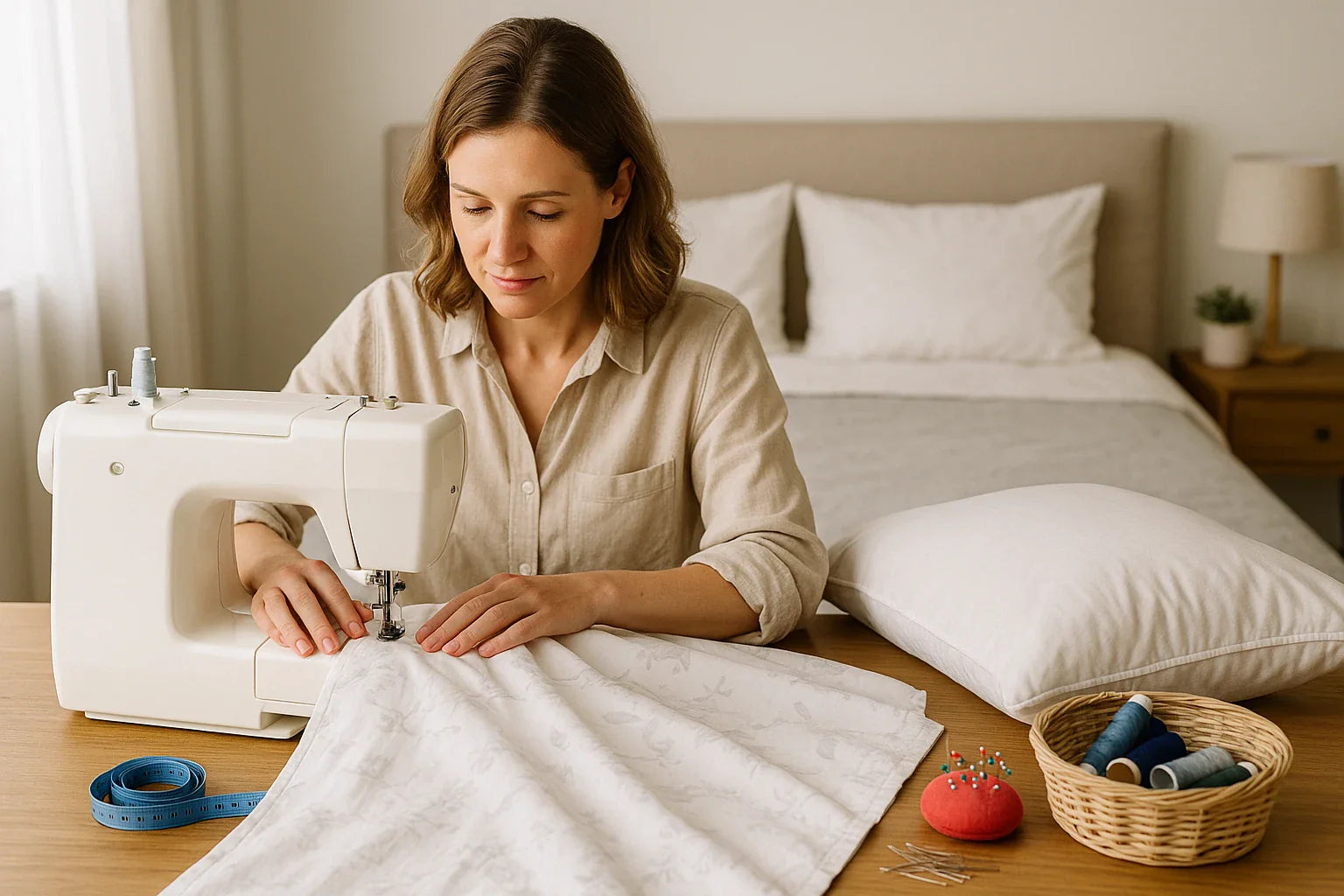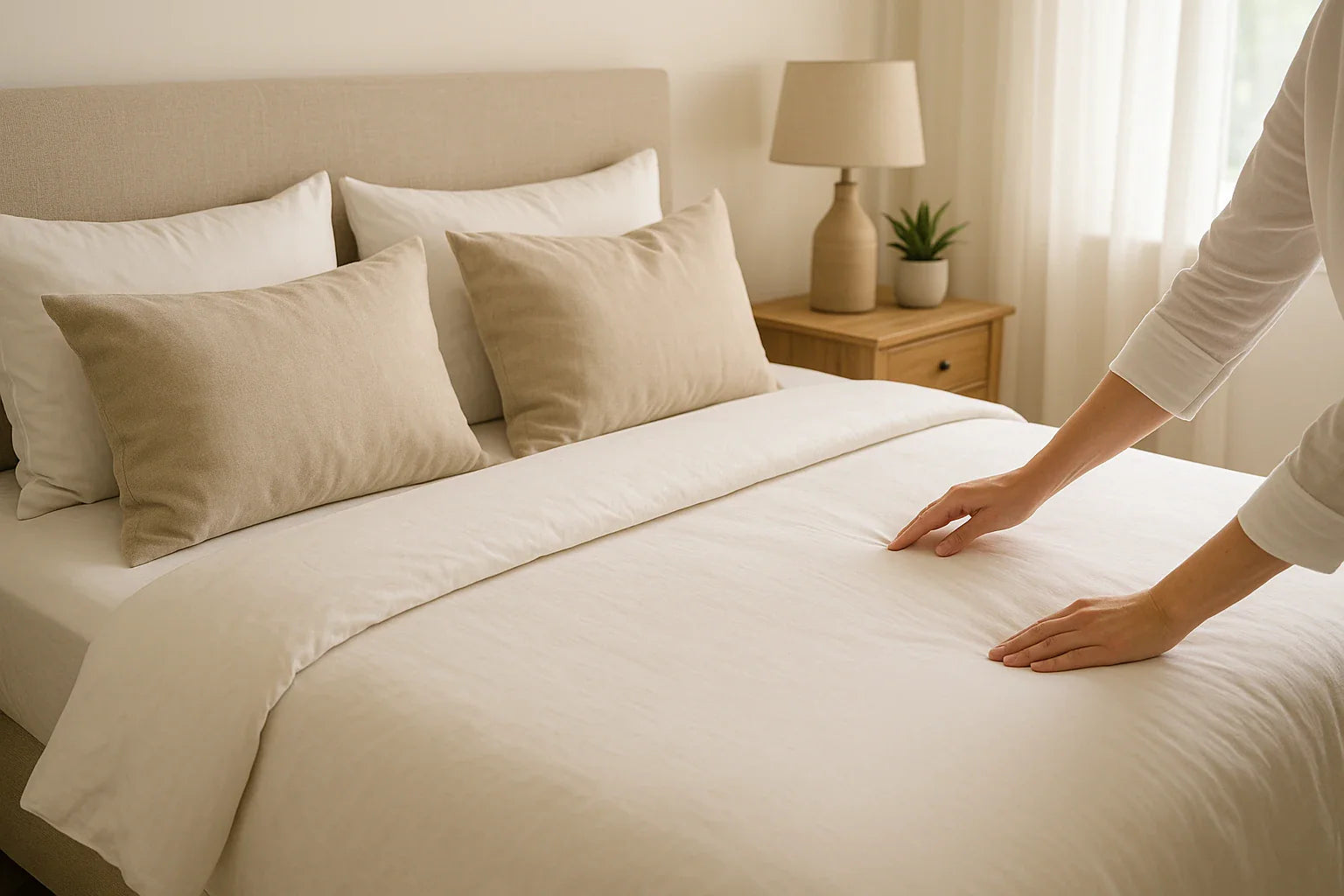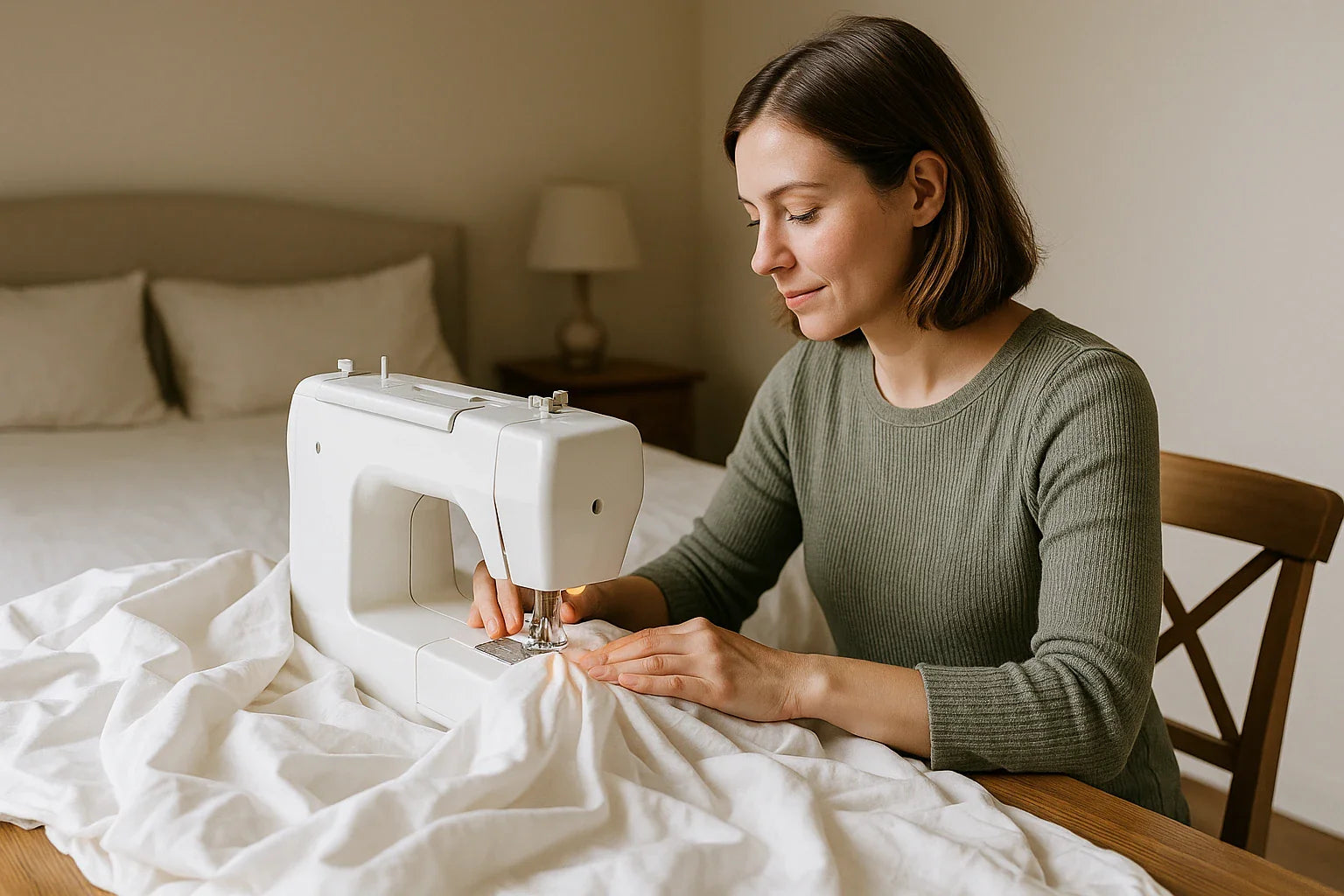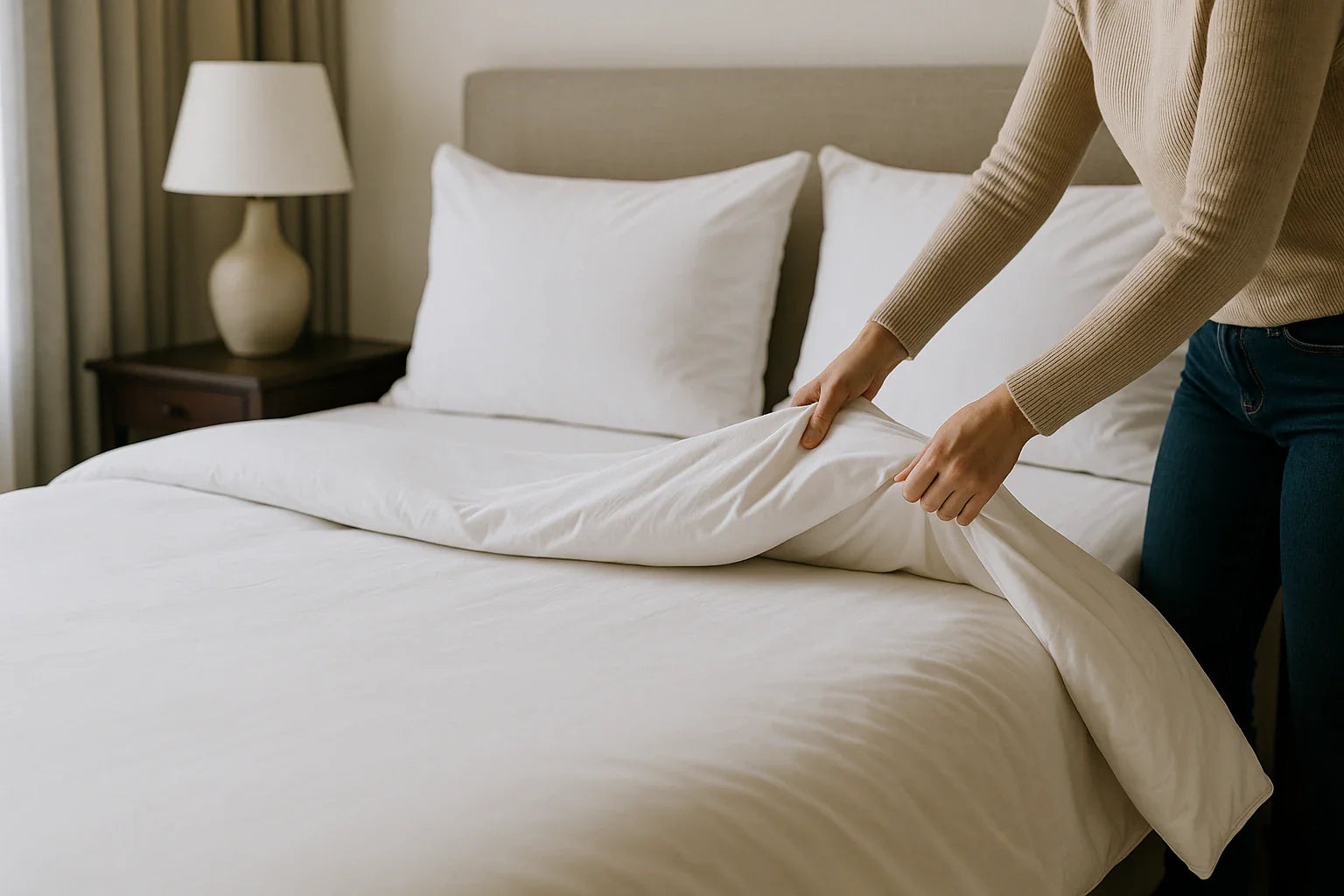Key Takeaways
- Material Properties: Silk offers natural temperature regulation and luxury, while bamboo provides eco-friendly durability.
- Comfort Level: Both materials excel in different aspects of comfort - silk for lightweight luxury, bamboo for breathable coziness.
- Maintenance Requirements: Bamboo typically requires simpler care compared to silk’s delicate washing needs.
- Value for Money: Bamboo often provides better long-term value despite silk’s premium status.
- Environmental Impact: Bamboo stands out for sustainability, while silk production has a more complex environmental footprint.
The choice between silk and bamboo comforters can significantly impact your sleep quality and comfort. Both materials offer unique benefits, and understanding their differences is crucial for making the right investment in your bedding.
Let’s explore these premium bedding options to help you make an informed decision.
Bamboo vs Silk Comforter: Material Characteristics
When comparing these luxurious bedding options, it’s essential to understand their fundamental properties. Both materials bring distinct advantages to your bedroom, affecting everything from sleep quality to maintenance requirements.
- Natural Temperature Regulation: Silk naturally adapts to body temperature, keeping you cool in summer and warm in winter, while bamboo offers excellent breathability and moisture-wicking properties, making it ideal for hot sleepers.
- Texture and Feel: Both materials provide a smooth, soft surface against your skin, with silk offering that iconic luxurious slip and bamboo delivering a more cotton-like softness that many find comforting.
- Durability: Bamboo typically outlasts silk in terms of regular use, maintaining its properties even after numerous washes, while silk requires more careful handling but can last for years with proper care.
Benefits and Drawbacks of Each Material
Understanding the pros and cons of each material will help you make the best choice for your specific needs.
- Silk Comforter Benefits: Features exceptional temperature regulation, naturally hypoallergenic properties, luxurious feel and appearance, and excellent suitability for sensitive skin.
- Silk Comforter Drawbacks: Comes with higher maintenance requirements, generally more expensive pricing, delicate washing needs, and may require professional cleaning.
- Bamboo Comforter Benefits: Provides excellent moisture-wicking capabilities, offers more affordable long-term value, requires easier maintenance, and features eco-friendly production methods.
- Bamboo Comforter Drawbacks: May not feel as luxurious as silk, can be heavy when wet, shows significant quality variation between brands, and typically requires longer drying time.
Just as the Puffy Cloud Mattress adapts to your body temperature throughout the night, silk comforters provide natural temperature regulation for optimal sleep comfort.
Care and Maintenance Comparison
- Silk Comforter Care: Requires specific care including dry cleaning, gentle hand washing when possible, particular temperature requirements, and regular airing out for optimal maintenance.
- Bamboo Comforter Care: Features easier maintenance with machine washability on gentle cycle, tumble dry on low settings, more forgiving temperature requirements, and simple spot cleaning capabilities.
Cost Analysis and Value Assessment
- Initial Investment: Encompasses varying price points where silk comforters generally cost more upfront, quality bamboo options offer mid-range pricing, and both require proper care accessories.
- Long-term Value: Shows distinct differences with bamboo typically offering better durability per dollar, silk maintaining its luxury feel longer, and significantly different maintenance costs between the two options.
Environmental Impact and Sustainability
- Silk Production: Involves traditional sericulture practices with limited chemical processing, specific environmental considerations, and controlled production environment requirements.
- Bamboo Processing: Features rapid renewable resource capabilities, water-efficient growth patterns, minimal pesticide requirements, and maintains a lower carbon footprint throughout production.
Making Your Final Decision
- Personal Preferences: Consider sleep temperature preferences, desired maintenance level, budget constraints, and environmental priorities when making your choice.
- Practical Considerations: Account for local climate conditions, available washing facilities, storage space requirements, and seasonal usage plans in your decision-making process.
Similar to how the Puffy Lux Mattress maintains its premium feel with minimal maintenance, bamboo comforters offer lasting comfort with simple care requirements.
Conclusion
Both silk and bamboo comforters offer exceptional comfort and quality, but they serve different needs and preferences. While silk provides unmatched luxury and natural temperature regulation, bamboo offers excellent value, easier maintenance, and superior environmental credentials.
Consider your specific needs, budget, and maintenance capabilities when making your choice. Whether you prioritize ultimate luxury or practical comfort, both options can significantly enhance your sleep quality.
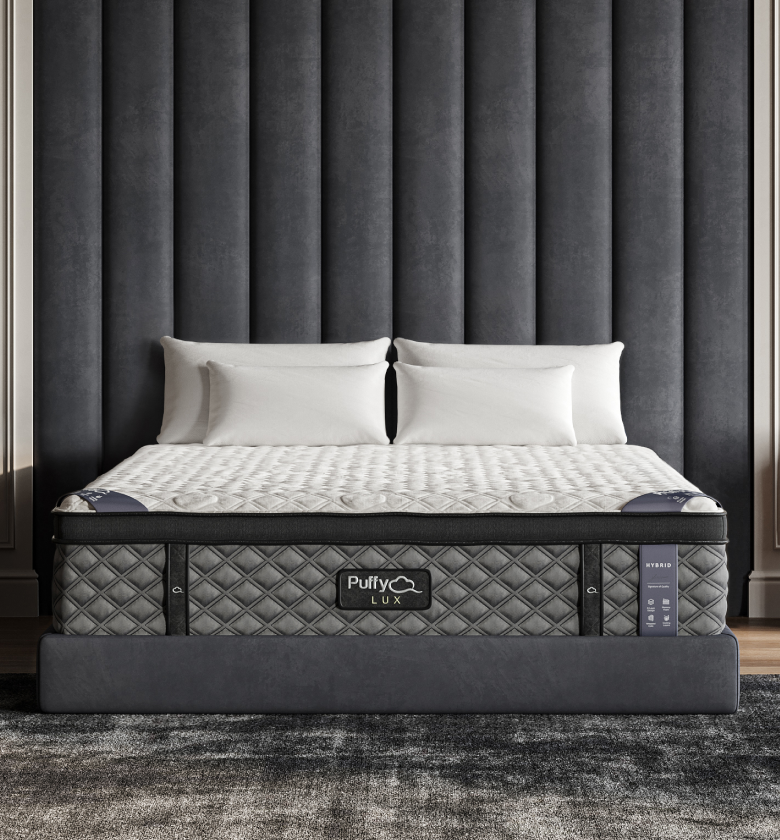
$1,350 in savings
Transform your comfort with the Puffy Lux.
Relax into award-winning comfort with this hybrid mattress:
- 8 layers of cloudlike luxury.
- Medium-plush feel.
- Gel-infused cooling.
- 101-night sleep trial.
